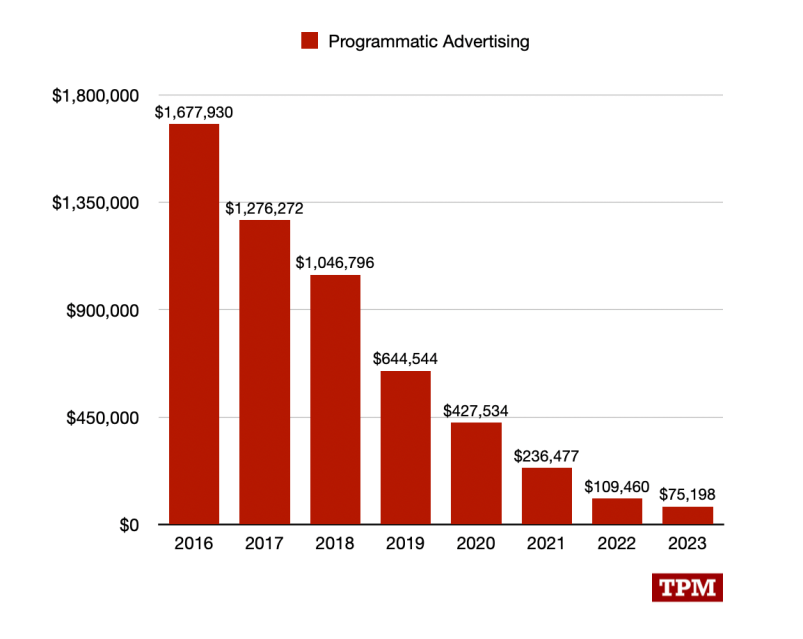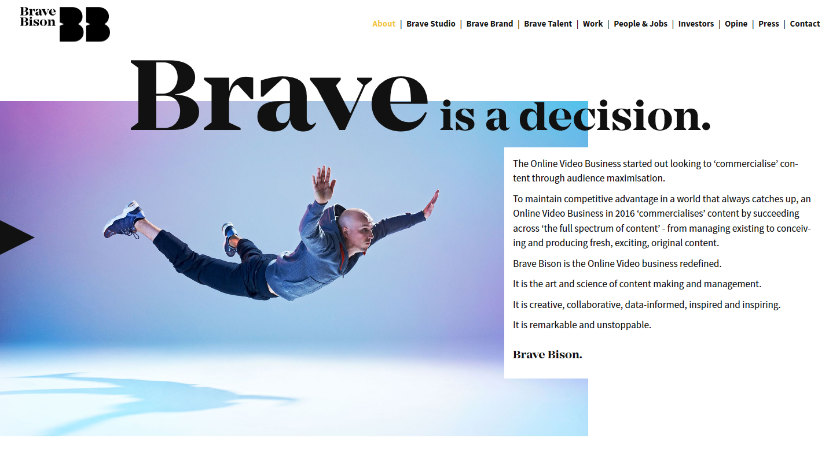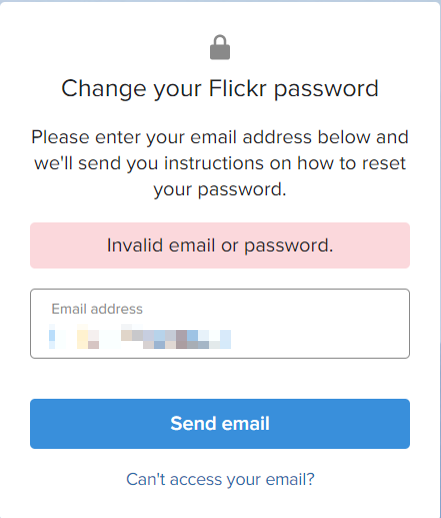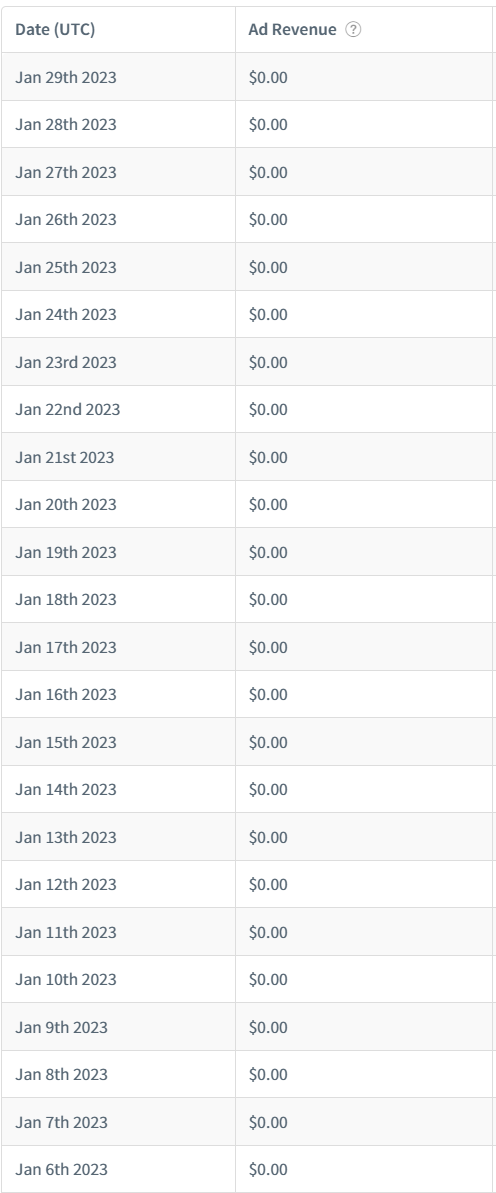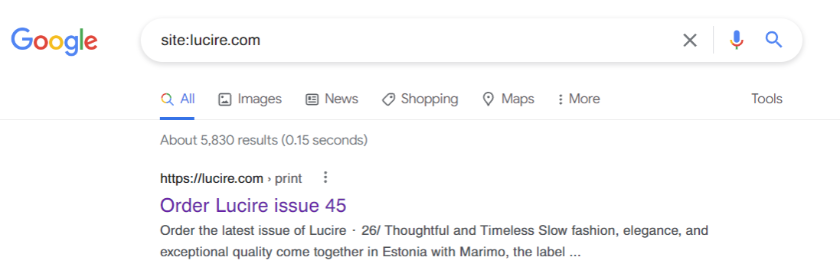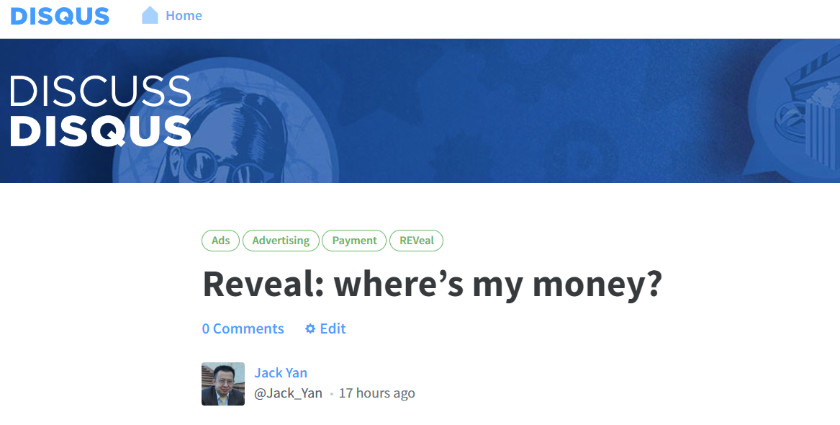
Years ago, we removed the Facebook widgets from Lucire’s pages. Last year, there were Instagram’s and Twitter’s turns, after each of those platforms locked us out (though later we regained access, and in Twitter’s case we issued a veiled threat to their lawyers). Last night, it was Disqus’s turn as we removed the commenting gadget from the Lucire site.
Obviously, not having Disqus’s trackers was a big plus, and speeding up page-load times, but there were two other major considerations: readers seldom comment these days (fashion is less divisive than politics), and, we have no idea where the money for all the Disqus advertising is.
I seem to recall that we were nearing their US$100 payment threshold, and I had in mind that once we hit it, I’d take the ads off. They were pretty ugly anyway.
Logging in yesterday, I was surprised to see Disqus claimed we had earned a little over US$3 now, while there is no record of any payment to us in the last year. Disqus also has nowhere on its site detailing payments made. Nor has it any feedback forms for non-subscribers (though you could argue that we have “paid” them in terms of the space their ads took up on the Lucire website all these years). I posted a question on their forum—the best I could do there. Seventeen hours later, no answers.
Right after that, we removed the Disqus gadget on all of Lucire’s static (HTML) pages, and switched off the Disqus plug-in on the WordPress (news) part of the site for posts going forward. No pay, no stay. I also removed the default comment boxes for the last 100 stories, though I might still change my mind and reinstitute them. If I do, they’ll be native ones, not anything to do with a plug-in that slows things down.
All those years, adding plug-ins that were once far more innocent; as each one became part of the surveillance economy, the detriments began to outweigh the benefits. What’s interesting to me is, other than the Facebook widget, their removal came after they prompted us with something dodgy, not because we suddenly had concerns about their tracking. Till I started investigating, I didn’t even realize how bad the problem was, though with hindsight of course I should have known, given how I’ve banged on about Facebook and Google. Part of me thought wishfully about Twitter, and as for our Instagram gadget, it was being run through another service (which might have been worse since it meant another company knowing stuff), and back when Instagram was a thing, I thought our readers would enjoy it.
I’m not consistent as Autocade’s Disqus forms are still up (at least on desktop), but they don’t have the dreaded Disqus ads, and readers actually comment there. But I will have a look for a good alternative—and I won’t be touching any of those Disqus settings as I don’t wish for the ugly ads to be introduced.

